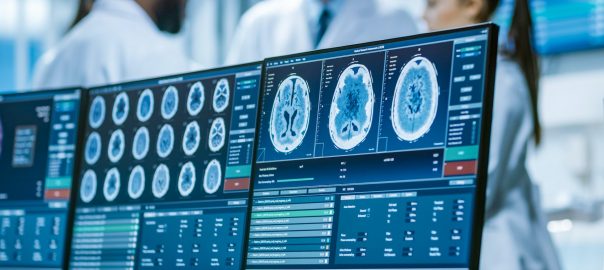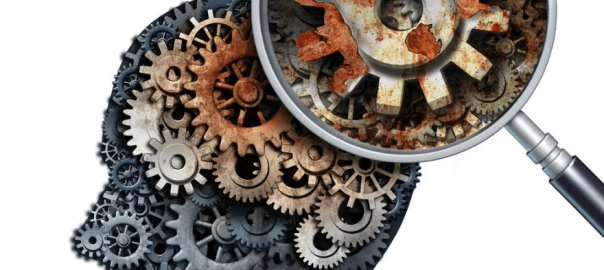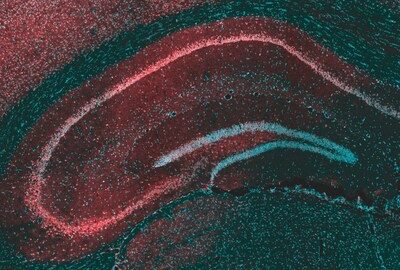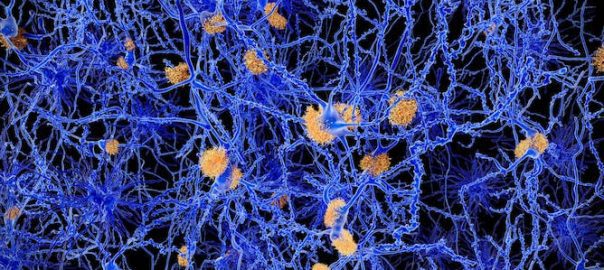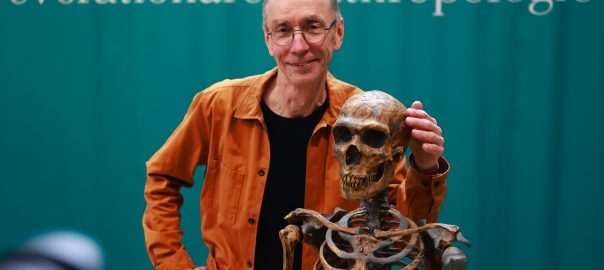Foods rich in nutrients with antioxidant properties are regularly encouraged as part of a healthy lifestyle, and research suggests that a diet high in antioxidant-rich foods may even help to reduce the risk of premature death.1 While fruits and vegetables are often thought of as high-antioxidant foods, a new study conducted by Cornell University and published in the journal, Nutrients, produced surprising results2. Pistachios have a very high antioxidant capacity, among the highest when compared to values reported in research of many foods commonly known for their antioxidant capacity, such as blueberries, pomegranates, cherries, and beets. Continue reading


